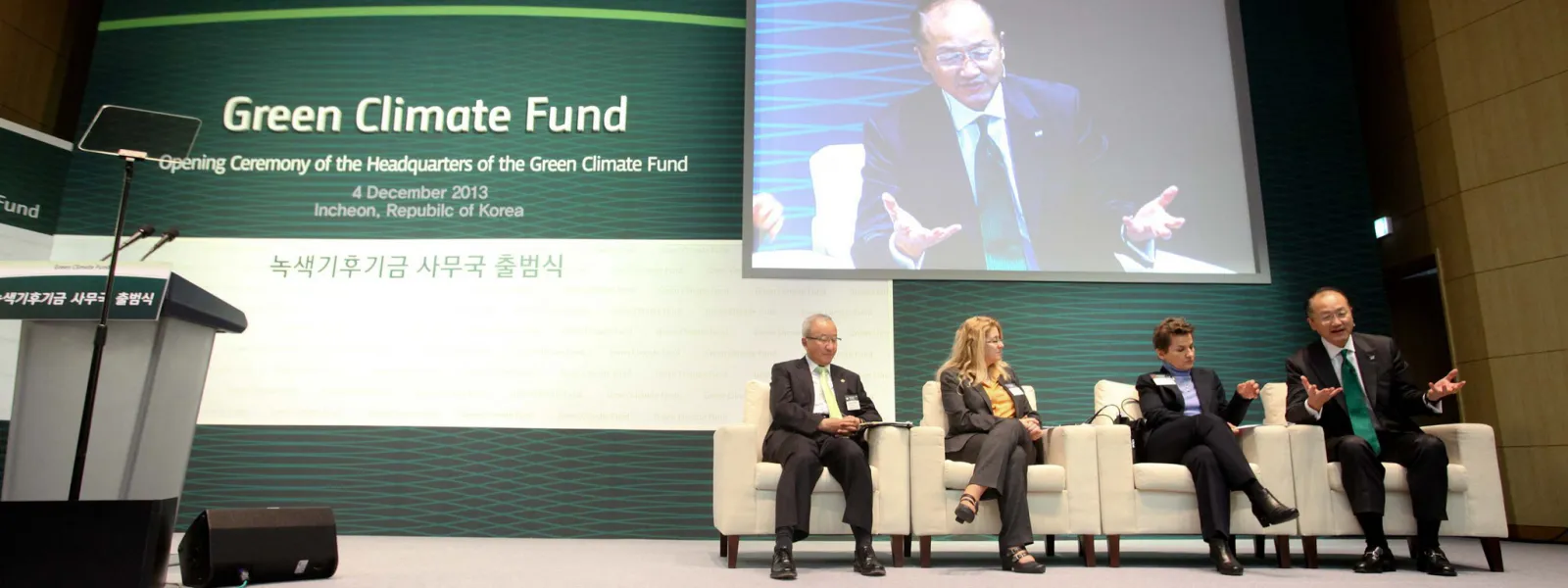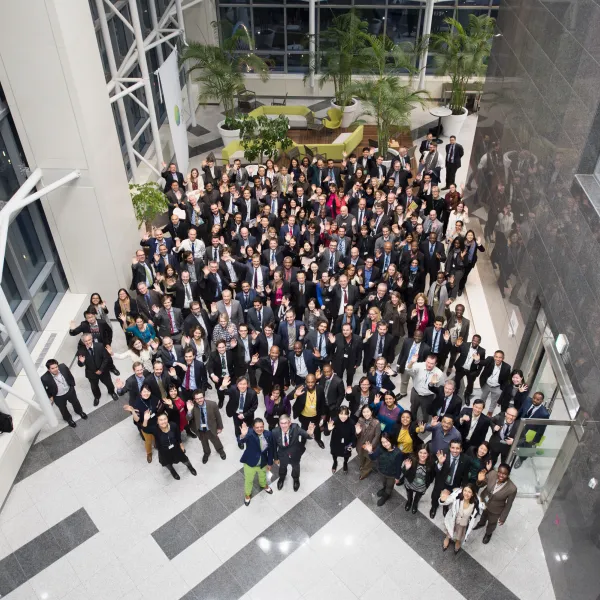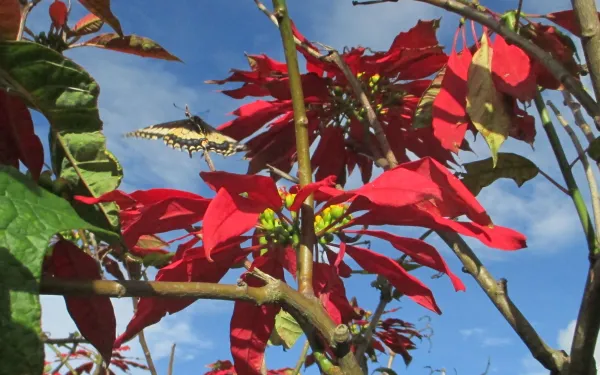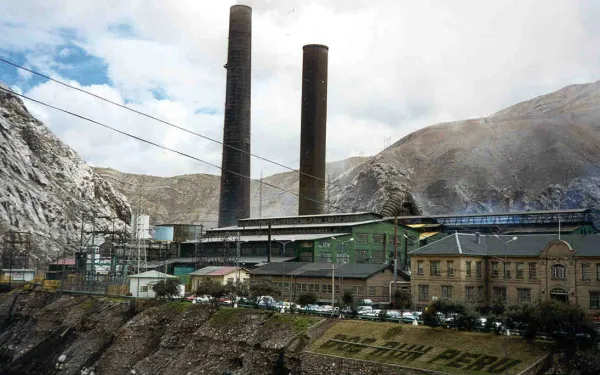
Project
Photo: GCFAdvocating before the Green Climate Fund
The Green Climate Fund is the world's leading multilateral climate finance institution. As such, it has a key role in channelling economic resources from developed to developing nations for projects focused on mitigation and adaptation in the face of the climate crisis.
Created in 2010, within the framework of the United Nations, the fund supports a broad range of projects ranging from renewable energy and low-emissions transportation projects to the relocation of communities affected by rising seas and support to small farmers affected by drought. The assistance it provides is vital so that individuals and communities in Latin America, and other vulnerable regions, can mitigate greenhouse gas emissions and address the increasingly devastating impacts of global warming.
Climate finance provided by the Green Climate Fund is critical to ensure the transformation of current economic and energy systems towards the resilient, low-emission systems that the planet urgently needs. To enable a just transition, it’s critical to follow-up on and monitor its operations, ensuring that the Fund effectively fulfills its role and benefits the people and communities most vulnerable to climate change.
Reports
Read our recent report "Leading participatory monitoring processes through a gender justice lens for Green Climate Fund financed projects" here.
Partners:

Related projects

AIDA condemns threats to environmental defenders in Tolima, Colombia
As a regional organization, we call on the Colombian government to immediately adopt measures to guarantee the life and integrity of at-risk activists. The Interamerican Association for Environmental Defense (AIDA) categorically condemns threats made against the Youth Socio-Environmental Collective of Cajamarca, Colombia (Cosajuca). On July 8, the organization—which forms part of the Environmental Committee of Cajamarca and the Network of Environmental Committees of Tolima—received a document containing death threats, only the most recent of a series of intimidations to which its members have been subject. The urgency of addressing this situation comes light of a larger problem in Colombia and across the region. In their most recent report, the international NGO Global Witness identified Colombia as the third most dangerous country in the world to be an environmental defender; 26 deaths were registered there in 2015. AIDA calls on the government of Colombia to guarantee the life, liberty and physical integrity of the members of Cosajuca. We also urge the establishment of a safe space for these environmental defenders to do their work, and a prompt investigation into the threats made against them. Freedom of expression and association are fundamental to the rule of law and a democratic society. Access to information, participation and the search for environmental justice are legitimate activities protected by the Constitution and the international legal treaties to which Colombia is a party. Cosajuca exercises those rights by promoting a popular referendum against mining contamination in the town of Cajamarca, and the department of Tolima, where large-scale gold mining operations are being planned. The harassment and murder of environmental defenders is pervasive throughout Latin America, which, according to the Global Witness report, is home to two-thirds of the world’s murdered activists and seven of the ten deadliest countries to be an environmental defender.
Read more
Peru must find a comprehensive and sustainable solution for La Oroya
We call on the President-elect of Peru to take into account, in any assessment of or decision about La Oroya, the rights of the population affected by the city’s severe pollution. La Oroya, Peru. On July 6, the President-elect of Peru, Pedro Pablo Kuczynski, visited the Metallurgical Complex of La Oroya (CMLO) and announced to its workers that it was necessary for the next Congress to approve a law to extend the deadline for liquidation of the Complex. This, he said, would give the company time to secure investors and finish the copper circuit. He also asked the workers and people of La Oroya to march on Congress to support his proposal. Reflecting on these public statements, the Asociación Pro Derechos Humanos (APRODEH) and the Interamerican Association for Environmental Defense would like to express the following: The city of La Oroya deserves the full attention of all levels and sectors of government to resolve in a comprehensive, specialized and sustainable way the demands of the population that, at various times in its history, has suffered, and continues to suffer, violations of their basic human rights, including the right to life, health, integrity, work and a healthy environment. Regarding the right to work, La Oroya requires a deep assessment that permits the State to propose and implement not only remedial actions, but also actions that will guarantee decent and lasting work that will sustain adequate living conditions for the entire population. No action can resolve the underlying problem in La Oroya if it does not provide a guarantee of public health for residents. In that regard, we would like to remind the President-elect that since 2007 a group of residents from La Oroya have been the beneficiaries of precautionary measures granted by the Inter-American Commission on Human Rights that safeguard their life and personal integrity before the impacts of highly polluted air, soil and water. In May 2016, the Commission extended those precautionary measures to include new beneficiaries. In the corresponding resolution, the Commission stressed that harm to the health of the beneficiaries is exacerbated due to the lack of comprehensive medical care offered by the State. Its also worth noting that a case is pending before the Commission which seeks to hold the Peruvian government responsible for the violations to the population’s basic rights to life, health, and integrity—as well as to the rights of children—due to the lack of control of pollution in La Oroya and the lack of effective medical care for those affected by it. We call on the President-elect to take into account, in any evaluation or decision on La Oroya, the rights of the population affected by the pollution. This should be done responsibly and with a comprehensive vision that guarantees the rights to life, health, work, and a healthy environment. It is inconceivable to favor the development of any economic activity over the health of the people. The incoming government faces the challenge of finding a comprehensive and sustainable solution for La Oroya, one that fully respects Peru’s national and international obligations to human rights and the environment.
Read more
Statement on the murders of environmental defenders in Honduras and Brazil
Threats to, as well as the intimidation, harassment and murder of environmental defenders must stop now! Yesterday we learned of the senseless murder of Lesbia Yaneth Urquía Urquía, a defender of the environment and indigenous rights who fought against the construction of the Aurora I dam in La Paz, Honduras. In a similar tragedy in Brazil, last month authorities found the lifeless body of Nilce de Souza Magalhães, a recognized leader of the Movement of People Affected by Dams (MAB), who worked for the rights of Amazon communities affected by large dams, predatory fishing practices and other threats. Both instances reinforce a tragic trend in Latin America, a region home to seven of the ten most dangerous countries in the world for environmental defenders. According to Global Witness, 185 environmental activists were assassinated worldwide in 2015; two thirds of them were from Latin America. Now, more than ever, it’s time to call for accountability. Lesbia Yaneth worked in alliance with the Council of Popular and Indigenous Organizations of Honduras (COPINH), and her death comes just four months and four days after the assassination of the Council’s leader, Berta Cáceres. Nilce disappeared in January, her body finally discovered on June 21 in the lake formed by the Jirau dam, against which she had fought in defense of the rights of her community. Regarding these unfortunate deaths, María José Veramendi Villa, senior attorney of AIDA’s Human Rights and Environment Program, said: “The increasing rate of murder of environmental defenders in Latin America is alarming. States must guarantee a favorable environment in which people can safely perform their work to protect the natural world. States must also investigate and appropriately punish those responsible for these violent acts. The murders of those who bravely defend the environment must not go unpunished. Threats to, as well as the intimidation, harassment and murder of environmental defenders must stop now!”
Read more